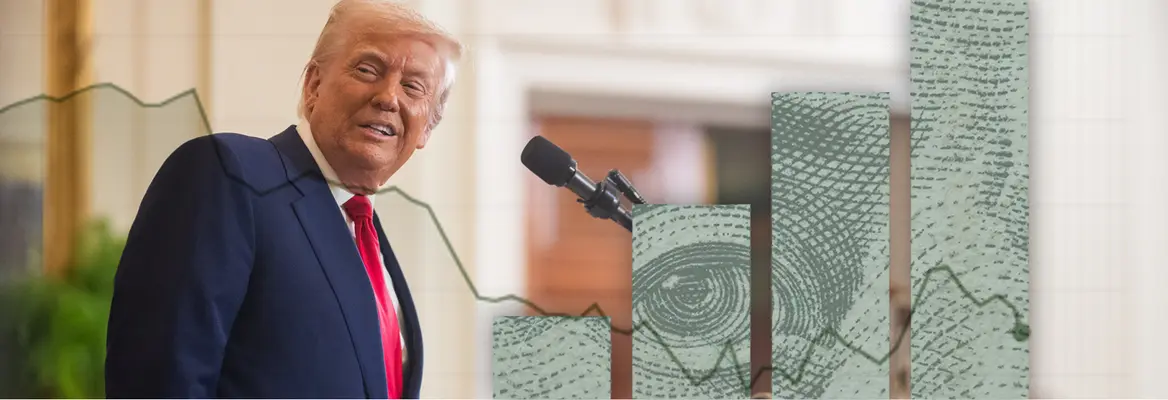In the post-Liberation Day world of Trump, tariffs, and the trade war that has begun in response to them, a new realist politics has emerged. Power alone rules the day. In such a world so-called ‘shared values’ mean nothing. Author and former intelligence officer, Andy Owen, argues that Trump is Machiavellian, but we must also be more Machiavellian in our response. To avoid a military war in which everybody loses, we must accept the new realist political landscape ruled by power, but we must also argue and stand for the idea that the best results for all on the international stage come as a result of democracy and peace.
In February, former head of the UK’s Secret Intelligence Service, Alex Younger, claimed that, “we are in a new era where… international relations aren’t going to be determined by rules and multilateral institutions, they're going to be determined by men and deals.” He went on to draw a parallel with the Yalta conference of 1945, where “three strong men” on behalf of “the strong countries decided the fate of the small countries”. At Yalta on the Crimean Peninsula in present-day Ukraine, Franklin D. Roosevelt (FDR), Joseph Stalin and Winston Churchill - very different leaders, from states with different forms of government - came together to shape a new international order out of the chaos of the war.
A new US president is sitting down with a Russian dictator again, to shape a new international order. Whilst the question of where we place the border between Europe and Russia remains key, this time Britain does not have a seat at the table. Younger believes those that do are President Trump, President Putin and President Xi, and their mindset is similar to those at Yalta: the strong decide the fate of the weak. We are in another time of geopolitical transition.
An era of US hegemony is waning. Former Chancellor Scholz, President Macron, and Putin have claimed we are moving into a multipolar world where states cluster around three or more regional and global powers, motivated by survival and mutual benefit rather than any specific ideology. I prefer “multi-matrixed” world. An anchoring of security, trade, and energy policies onto one or more new “poles” will not be enough for states to thrive or even survive in this new era (especially considering the unstable internal politics and brittle economies that beset these poles). Instead, states are developing complex matrices of relationships with different (sometimes contradictory) partners, both other states and multinational companies and institutions, while mitigating interplaying risks outside of the control of any single state or intrastate body. In this new order diplomats and politicians are citing the need for political realism when it comes to international relations.
___
A key question to ask, as alliances built on imagined shared values are fragmenting and we move to an era of competition and conflict, is “how do those not at the table understand the new order and protect themselves from the worst impacts of it?”
___
Political realism is contrasted with idealism or liberalism, which emphasizes cooperation, and stresses the competitive nature of international politics. Realists see states concerned with their security above all else and acting in pursuit of their own national interests, struggling for power in an international system closer to anarchy than order. Realists are also associated with a skepticism towards ethical norms in relations among states.





















Join the conversation